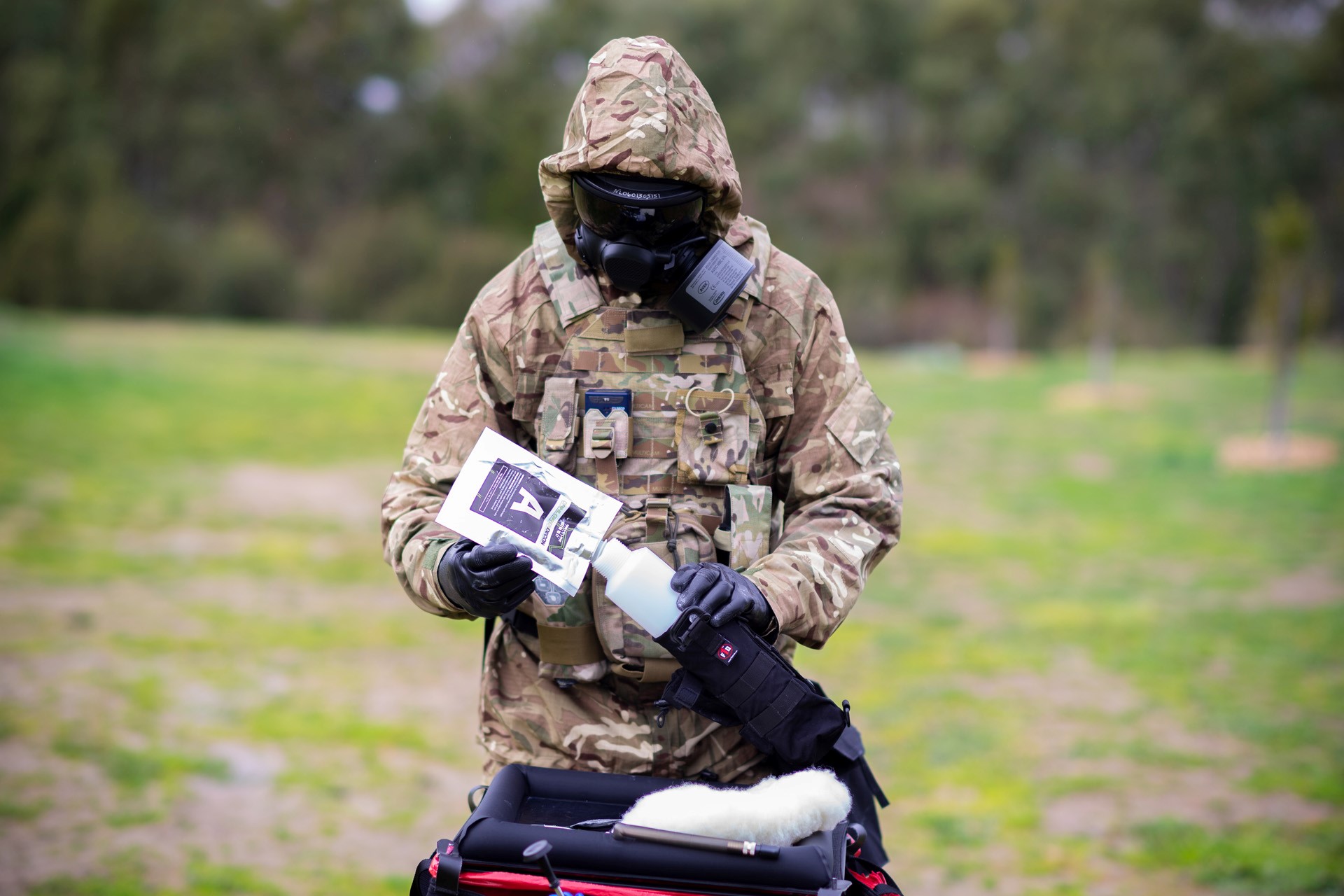Leidos Australia confirmed that it has been awarded a $243.5 million contract to cover the acquisition and initial support phase of five years for LAND 2110 Phase 1B from the Australian Department of Defence, providing chemical, biological, radiological and nuclear defence (CBRND) protection for the ADF.
In partnership with the Capability Acquisition and Sustainment Group, Leidos will deliver critical capability to Defence in the area of CBRND.
The primary objective of the joint CBRND capability is to provide force protection to deployed Australian Defence Force personnel, assigned coalition personnel, and designated civilians, both offshore and within Australia, against extant and emerging CBRN threats including environmental hazards. Additional objectives of the ADF's CBRND capabilities are to enhance support to other government agencies in domestic CBRN incidents and to assist integration in a co-ordinated whole of government effort.
Minister for Defence Christopher Pyne said global events in this year alone have demonstrated that chemical, biological, radiological and nuclear threats are contemporary hazards throughout the world.
"Leidos Australia will be a key capability partner of the ADF for the delivery and support of cutting-edge technology to protect our soldiers on the battlefield as they encounter these evolving threats," Minister Pyne said.
The project will deliver and sustain capabilities in detection, identification and monitoring, warning and reporting, physical protection, hazard management and medical support.
Christine Zeitz, Leidos Australia chief executive said, "Leidos has a long heritage of delivering complex logistics and CBRND capability globally, and we are delighted to be chosen to deliver this critical capability to the ADF."
Minister Pyne said the project will invest significant funds in the sustainment of the capability over a 15-year period and create opportunities for Australian industry around the country.
"The contracts will supply approximately 70,000 equipment items to support Defence’s capability to detect and protect itself from toxic industrial chemicals and weaponised chemical, biological, radiological and nuclear agents. This investment will provide an integrated and layered chemical, biological, radiological and nuclear defence capability, which replaces ageing equipment reaching the end of its service life," Minister Pyne said.


